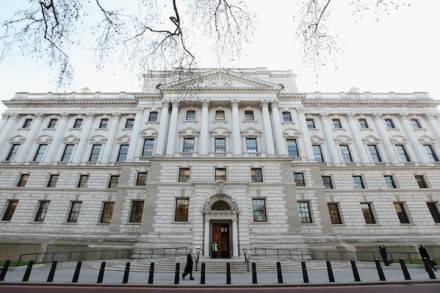The government will not snoop on your every move
Nick Cohen (‘Nowhere to hide’, 15 September) raises some interesting points about the double-edged nature of the internet. I agree with this sentiment, although not for the same reasons. Yes, the World Wide Web has brought about massive benefits, allowing people to communicate and connect in ways never before imagined. However it also has a down side. And this is that it affords criminals and those who wish to do us harm the same new ways to communicate and connect. It is this that concerns me, rather than Mr Cohen’s claim that it will allow, through our Communications Data Bill, the government to monitor your every move. This argument is




















